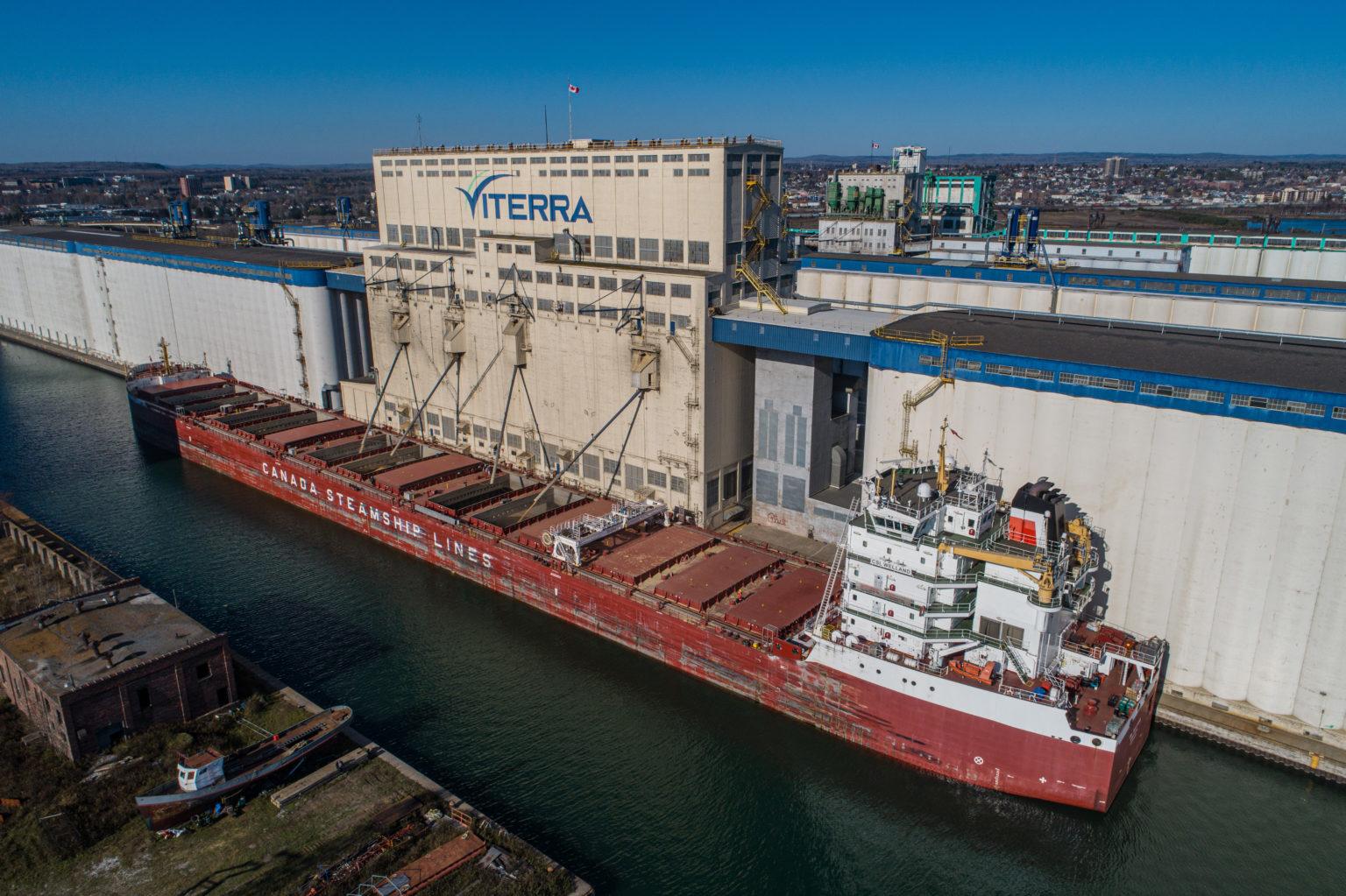
Introduced in 2018, CSL’s biodiesel program has accumulated the most running hours on B100 with marine engines worldwide.
Canada Steamship Lines (CSL) reached a historic milestone in more ways than one when its vessel CSL Welland loaded 31, 362 metric tons of grain at the Viterra terminal in the Port of Thunder Bay earlier this autumn. Not only was it a record-breaking load size for the port – but the ship was running on second generation biodiesel made from non-food biomass.
CSL Welland is part of CSL’s biodiesel testing program – the longest ongoing trials of pure B100 biodiesel on vessels in Canada. Over the course of the tests this year, which were conducted on half of CSL’s Great Lakes fleet, CSL Welland was able to achieve a lifecycle reduction of 6,800 tonnes of CO2 compared to marine gasoil (MGO).
Across the entire Canada Steamship Lines fleet, the CSL biodiesel program has to date resulted in a 22% lifecycle reduction of CO2 compared to MGO.
Introduced in 2018, CSL’s biodiesel program has accumulated the most running hours on B100 with marine engines worldwide.
“Replacing fossil fuel with biodiesel on vessels requires no modification of existing equipment and provides a viable carbon neutral fuel source over its lifecycle, “Louis Martel, President and CEO, The CSL Group explained. “This is what makes biofuels a very attractive option to reduce our environmental footprint, and we are eager to continue testing them and other solutions that offer the potential to contribute to cleaner air and waterways.”